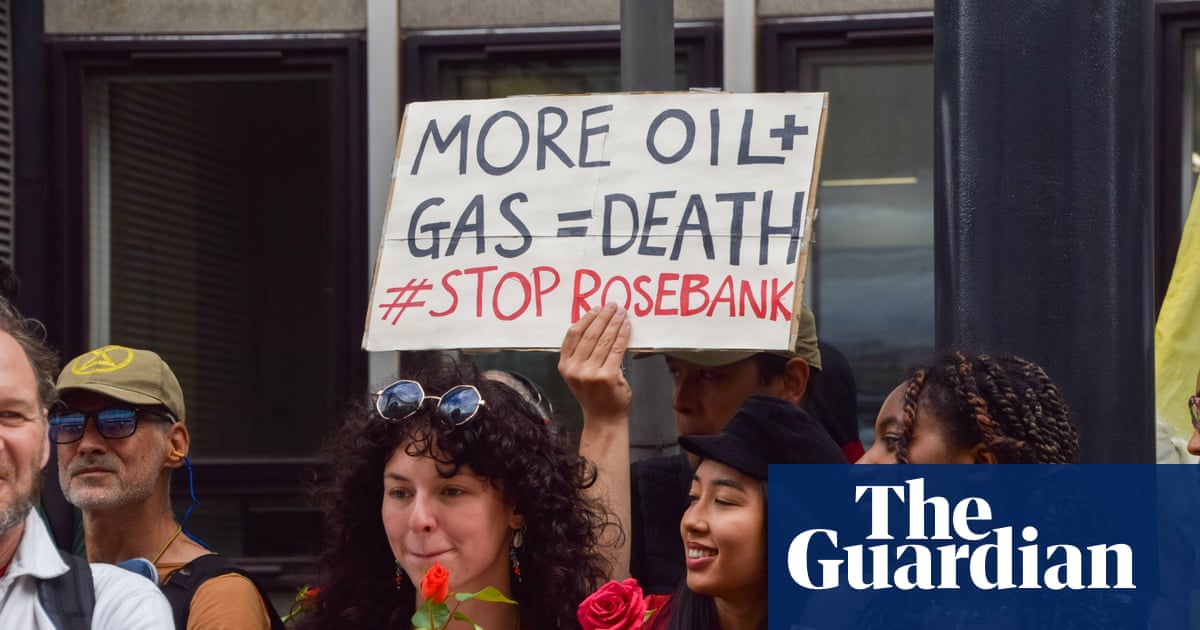
LONDON: Iraq’s oil reserves may be double their current estimated level, according to the country’s oil minister, as OPEC’s second-largest producer invited tenders for the exploration of 11 oil and gas blocks in the country’s south and east.
Jabar Al-Luaibi made the prediction at an energy conference in Baghdad on Wednesday, Reuters reported, with his comments subsequently echoed by Adnan Al-Janabi, head of the Iraqi parliament’s oil and gas commission.
The doubling of the country’s proven reserves would see Iraq overtake Saudi Arabia to contend with Venezuela for the title of the country with the largest proven reserves.
The South American nation says it has just over 300 billion barrels worth of proven reserves, a claim met with skepticism by some market analysts, with much of its reserves consisting of hard-to-access heavy oil in the country’s Orinoco belt.
Iraq last year upgraded its reserve estimates to 153 billion barrels from their previous level of 143 billion.
The oil minister’s statement is more likely to relate to future possible increases in resources, rather than an immediate upgrade to current reserves, said Robin Mills, CEO of UAE-based Qamar Energy.
“I don’t think it has any impact on the short- or medium-term output from Iraq, but it does emphasize the tension between OPEC restraint and Iraq’s plans for production growth,” he said.
The country plans to boost crude production to more than 5 million barrels per day from the current level of 4.35 billion.
However Al-Luaibi insisted that it “definitely will not deviate from the overall decision of OPEC” when it comes to the possible extension of a deal between OPEC and other producers to cut production, due to expire at the end of the year, Reuters reported.
Speaking at the same event, OPEC Secretary-General Moham-med Barkindo told the conference that the bloc was seeking “very long-term” cooperation with non-OPEC producers.
His remarks follow comments earlier this week by Saudi Arabia’s Crown Prince Mohammed bin Salman that the Kingdom is in discussions with Russia to forge an unprecedented 10-20 year cooperation agreement, building on the success of 2016’s agreement between OPEC and non-OPEC producers to cut output to support oil prices.
Brent crude futures, which slumped below $30 a barrel in early 2016, have recovered as a result of the production cut agreement, trading at about $70 a barrel this week.
Barkindo told conference delegates in Baghdad that OPEC was evaluating the impact of the deal to determine the “appropriate action” when it expired at the end of this year.
“In addition to the 24 countries that came to sign the declaration of cooperation in November, we have six more producing countries who came to show solidarity,” he said.
Al-Luaibi said that several oil exporters have suggested a six-month extension to the deal, declining to name them.
Barkindo said that investment in the industry was increasing following the recovery in prices, but had yet to reach levels witnessed before prices began falling in late 2014.












